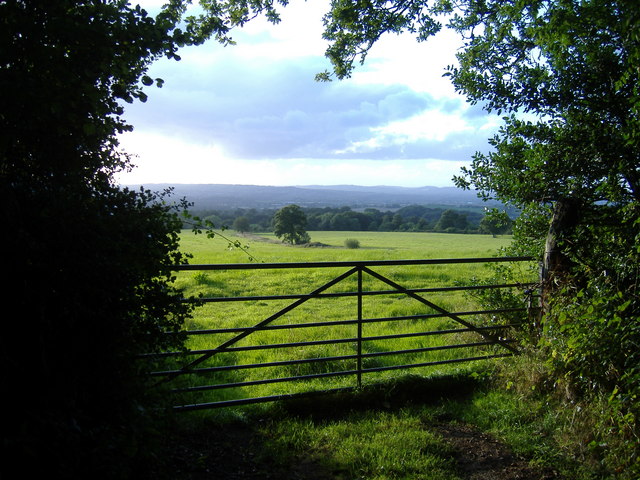“There is a real desire within rural communities to make progress towards net zero but without the tools necessary they can’t make those strides forward.”
.
Rural organisations have been lobbying for areas beyond the usual focus of government to be taken into consideration when it comes to ‘net zero’.
Several proposals have been put forward this week:

The impacts of dangerous climate change will affect all communities. This much is already clear from the rural impacts of increasingly frequent storm damage, flood events and periods of drought. Minimising man-made climate change matters as much to rural communities and businesses as it does to any others.
Call for Rural to be at the heart of the journey to Net Zero – Rural Services Network
We need a planned transition:
Decarbonising rural homes and businesses is a unique challenge, but current government plans for an electric-first heating approach do not look widely enough at transitional or mixed technology approaches – a move that risks penalising rural communities, says Liquid Gas UK
The UK’s rural communities include around 2 million homes that are off-grid, so rely on alternate fuel sources for their heating systems that would otherwise rely on gas from the national grid. This group includes some of the country’s oldest buildings, constructed using materials and methods that make modifications challenging. This has left many of them unsuitable for the more mainstream renewable heating technologies, such as heat pumps, due to high installation costs. For these properties in this ‘hardest-to-treat’ category, renewable liquid gas presents an ideal solution.
Rural communities and their challenges for reaching net zero – Rural Services Network
And there have so been many other studies looking at the issues, with these from last summer:
The role of rural local authorities in reaching Net Zero | UK100
Last month, the Yorkshire Post looked at a viable scheme to make some of this happen:
There is a real desire within rural communities to make progress towards net zero but without the tools necessary they can’t make those strides forward. A lot of people living in these areas are off the gas grid.
Supporting places like Yorkshire Dales National Park would not only help cut carbon emissions but also put rural communities at the forefront of tackling climate change. A study found that with the introduction of carbon-cutting actions the national park could be among the country’s first areas to achieve net zero emissions, in as little as 11 years’ time. It could then even become a growing carbon sink to offset emissions in other parts of the country.
A compelling a reason to put rural communities at the heart of net zero if there ever was one.
How rural communities could lead on the net zero agenda – The Yorkshire Post says | Yorkshire Post